Brewing tea often sounds simple but can be challenging in practice. Essentially, it comes down to four key factors: “the amount of tea, choice of vessel, water quality, and water temperature.” However, practical execution often requires experience and skill.
Learning from professionals' tea brewing experiences and insights may help us discover more brewing tips and unique techniques.
01 Amount of Tea
The amount of tea is the premise of brewing.
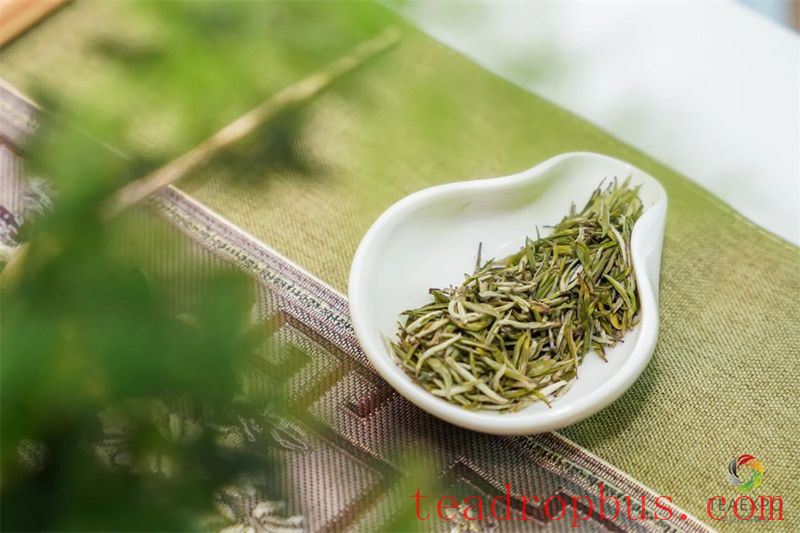
Green Tea, Yellow Tea
Generally speaking, green tea and yellow tea are considered the most delicate among all types of tea due to their quick release of infusible substances after rolling. The tea-to-water ratio should be around 1:50, meaning approximately 1 gram of tea should be brewed with about 50 milliliters of water.
White Tea
Since white tea is made by merely withering and drying fresh leaves, the dry tea is generally light and fluffy. When the ratio of white tea to water is 1:30, meaning 1 gram of tea is brewed with about 30 milliliters of water, the nutrients dissolve more stably.
Black Tea (red tea), Flowering Tea
The amount of black tea and flowering tea is similar to that of green tea, with a recommended tea-to-water ratio of around 1:50. However, different varieties can be adjusted slightly based on the quality of the tea. For example, tightly rolled black teas like Qimen Hongcha and Jin Junmei have a tea-to-water ratio of about 1:50, while coarser teas like Dian Hong can use a ratio of approximately 1:40.
Oolong Tea, Dark Tea
These types of tea are coarser, so a larger amount of tea is typically used when brewing. For tightly rolled oolong teas like Dahongpao and Phoenix Dancong, the ratio of tea to the capacity of the brewing vessel is usually about 1:3. If you prefer a stronger flavor, you can use more tea and extend the brewing time slightly.
02 Choice of Vessel
The choice of vessel is the foundation of brewing.
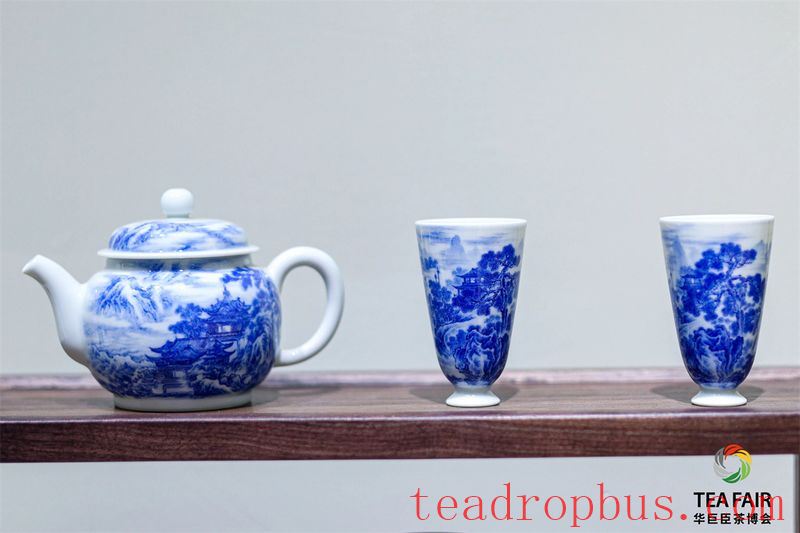
Green Tea, Yellow Tea
When brewing green tea and yellow tea, glass cups or covered bowls are recommended as they allow you to observe the tea dancing in the water. Additionally, since most green and yellow teas are quite delicate, they cannot withstand high-temperature brewing, and the excellent heat retention of clay pots might oversteep the tea.
White Tea
A wide-mouthed covered bowl is ideal for drinking white tea. The raw material for Baihao Yinzhen is very tender, so the brewing temperature should not be too high; therefore, using a wide-mouthed covered bowl prevents the tea from being oversteeped. For Bai Mudan, Shoumei, or Gongmei, there are fewer restrictions on the choice of Teaware, and aged white tea can even be brewed in a clay pot.
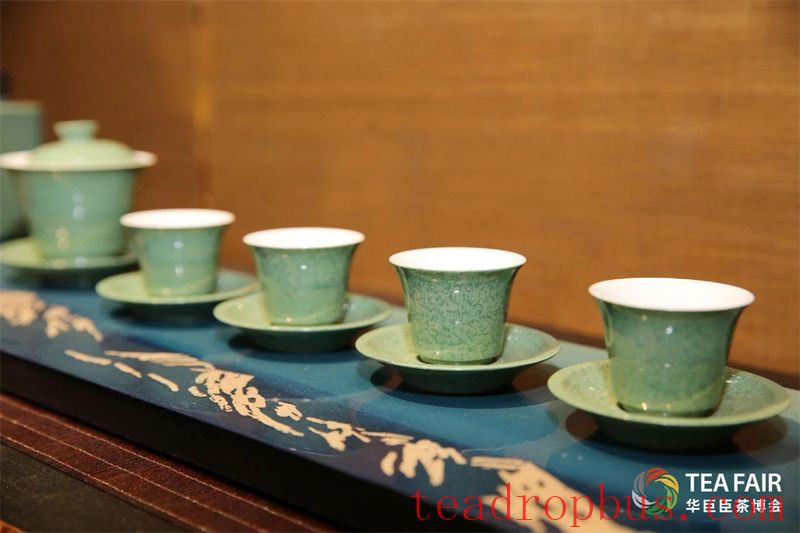
Black Tea (Red Tea), Flowering Tea
White porcelain teaware is recommended for drinking black tea and flowering tea as it allows for easy observation of the tea's color and golden rim.
Oolong Tea, Dark Tea
For drinking oolong tea and dark tea, porcelain covered bowls or clay pots are recommended. If you want to showcase the high aroma of oolong tea, use a porcelain covered bowl, which is convenient for smelling the aroma and does not absorb flavors. If you want to highlight the depth and character of the tea, choose a clay pot, which has a unique double-pore structure that allows for good ventilation and can reduce any peculiar odors that might develop during storage, thus enhancing the layers and character of the tea.
03 Water Quality
The quality of water is the core of brewing.
Brewing tea is a technique, and choosing the right water along with the correct brewing method is essential to fully bring out the essence of a cup of tea.
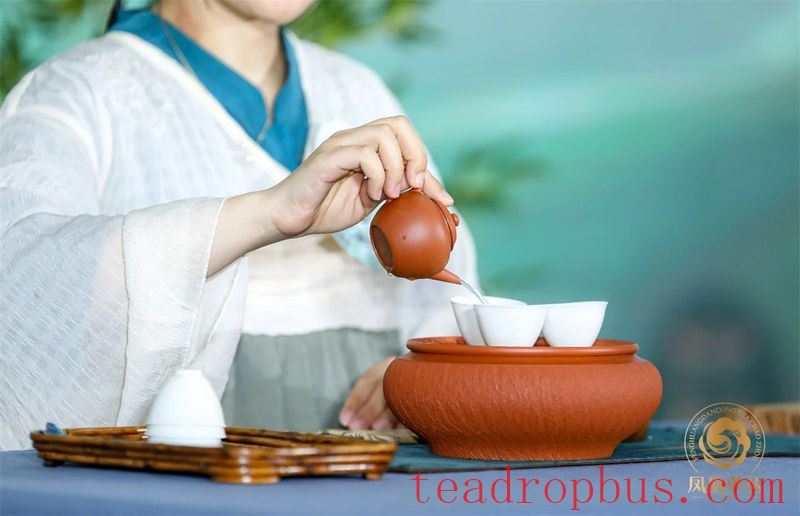
Spring Water
Spring water is the best choice for brewing as it contains few impurities, is highly transparent, and is less polluted.
River Water, Stream Water
Using river or stream water, which is flowing, is also a good choice for brewing, but most rivers today are to some extent polluted, making suitable river water for direct brewing relatively scarce.
Tap Water
Tap water is the most convenient and quickest option for brewing, but it is often purified artificially, so it may contain chlorides. Letting tap water sit for a day before boiling it to brew tea is preferable, allowing the chlorine to dissipate.
In general, water for brewing tea should be clear, sweet, and soft.
04 Water Temperature
The temperature of the water is the key to brewing.
The temperature of the water is crucial in brewing, as higher temperatures produce a stronger infusion at the same concentration, while lower temperatures result in a milder infusion.
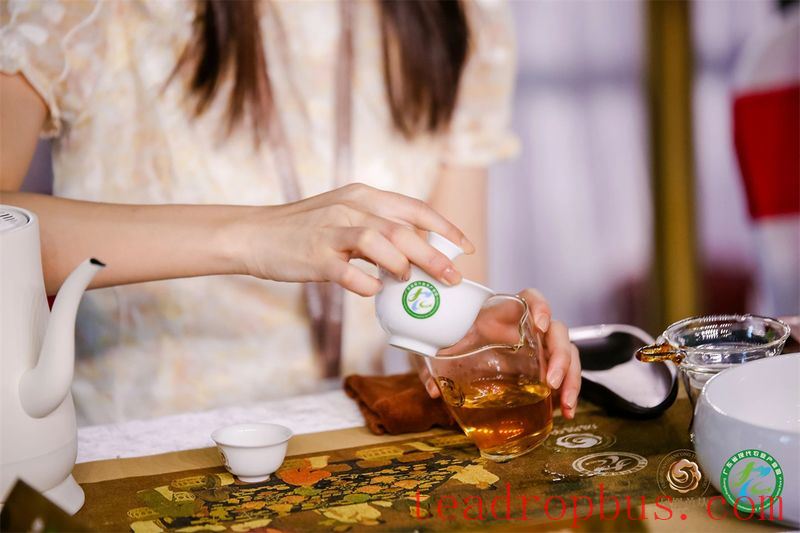
Green Tea, Yellow Tea, and Other Tender Teas
Green tea, yellow tea, and other tender teas should not be directly brewed with boiling water, as this would decrease the freshness and vitality of the infusion. Wait for the water to cool to around 80°C after boiling, as this temperature minimally damages vitamin C in the tea, producing a bright and refreshing infusion.
White Tea
Baihao Yinzhen and Bai Mudan are best brewed with water below 90°C to highlight their sweetness and avoid bitterness. For coarser teas like Shoumei, boiling water can be used.
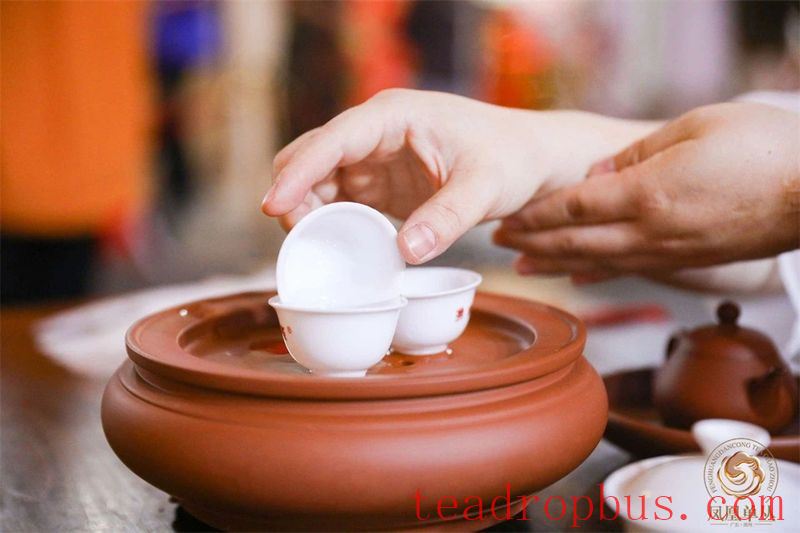
Black Tea (Red Tea), Flowering Tea
Black tea and flowering tea are best brewed with water between 90-100°C to maintain the most aromatic and sweet taste. If the temperature is too low, it will not effectively penetrate the tea and extract the active ingredients, resulting in a milder flavor.
Oolong Tea, Dark Tea
Oolong tea and dark tea, which are coarser, are recommended to be brewed with boiling water at 100°C to achieve a thick and rich texture and robust flavor. Otherwise, the aroma won't be prominent, and the robust character won't be expressed.
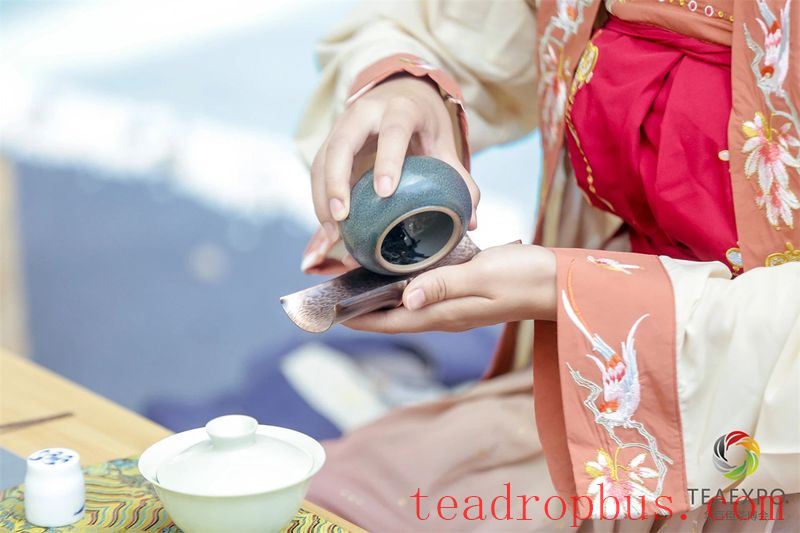
Brewing tea is a process that improves with practice. Based on specific circumstances, mastering the amount of tea, water quality, water temperature, and choice of vessel, while continuously refining your skills and summarizing your experiences, is necessary to brew the best tea for yourself.
After learning so much “core” tea knowledge, are you, a tea lover, feeling inspired to brew a fragrant pot of tea and enjoy it?